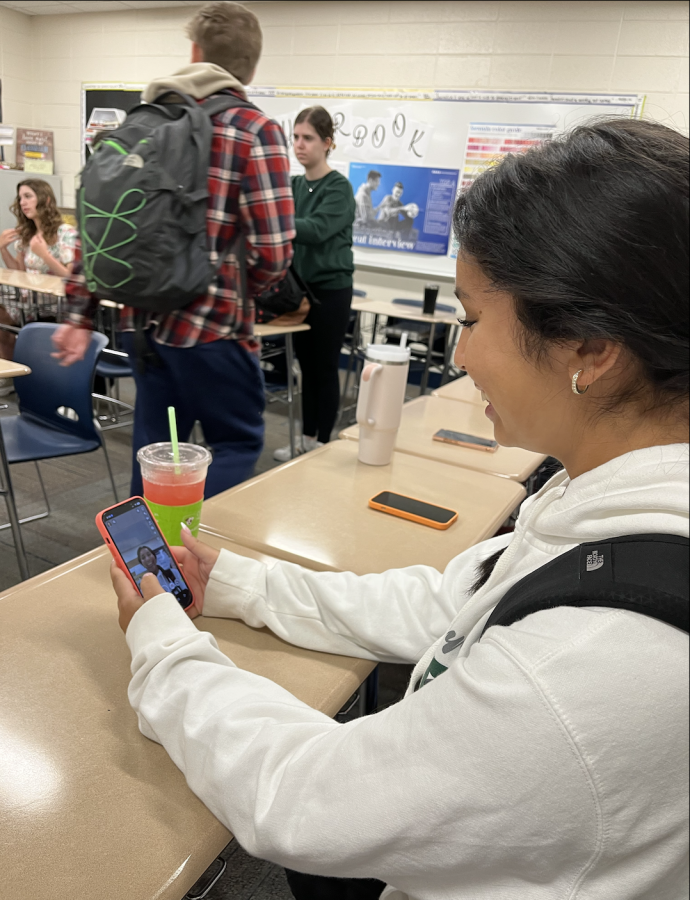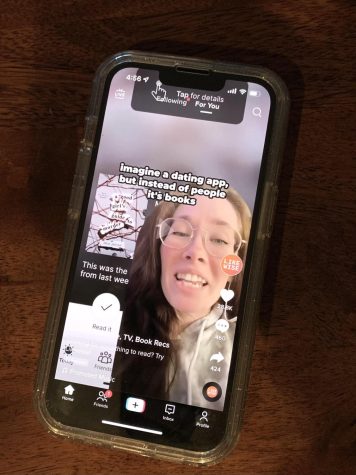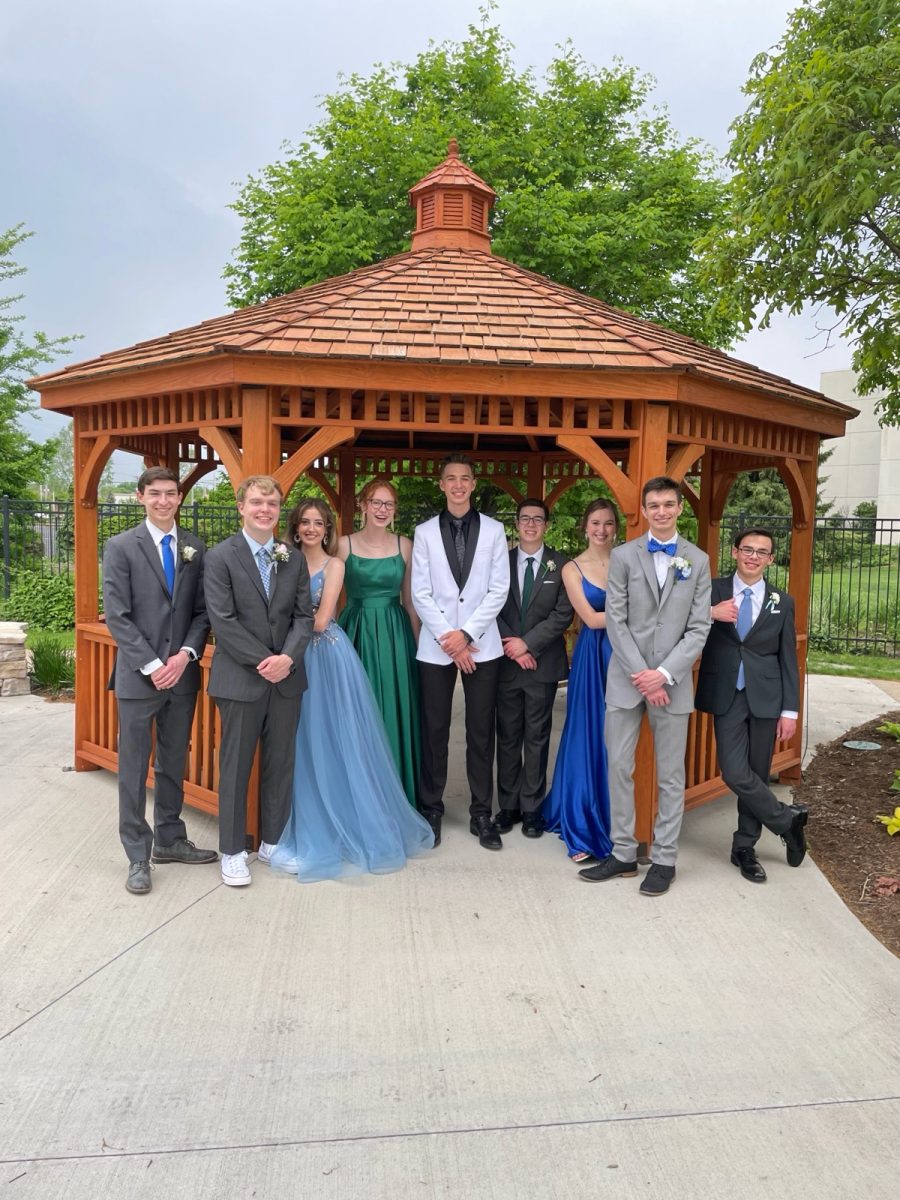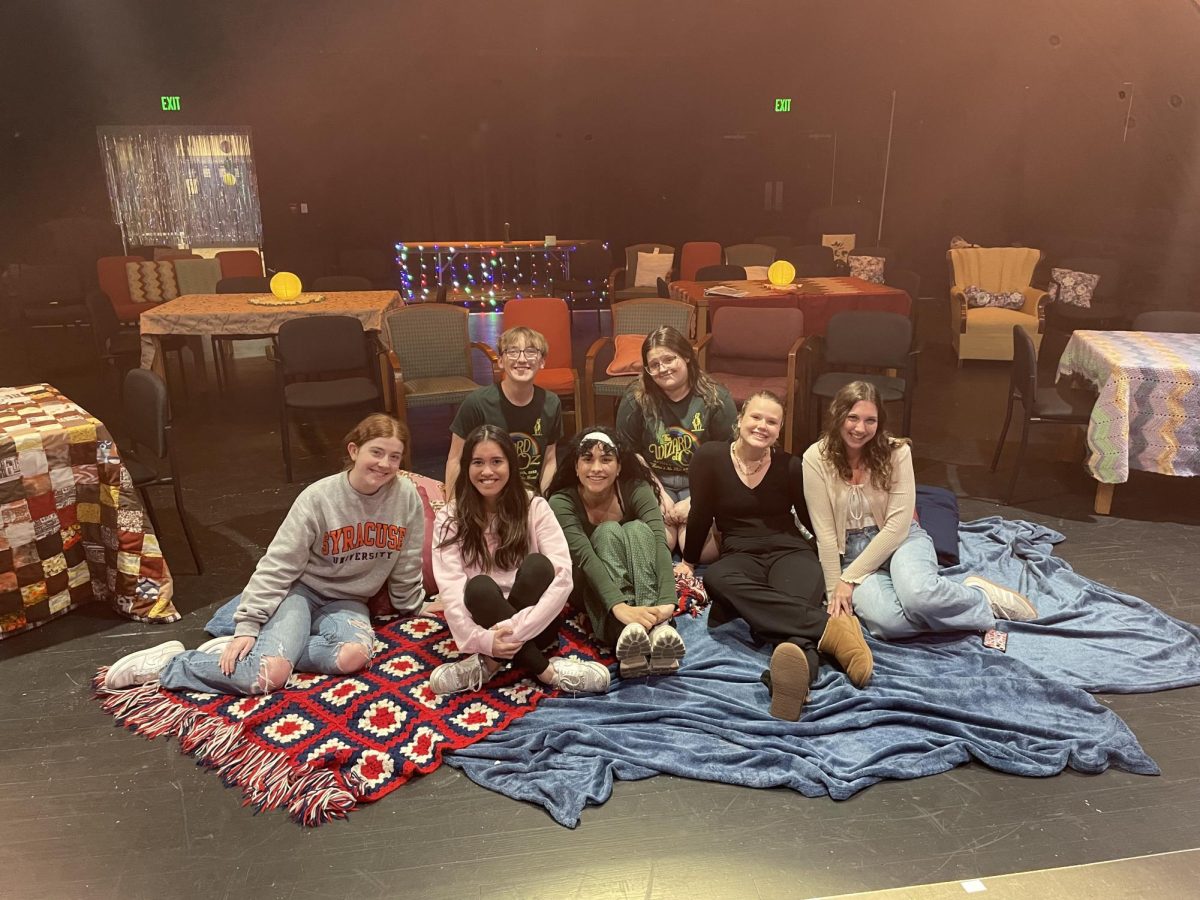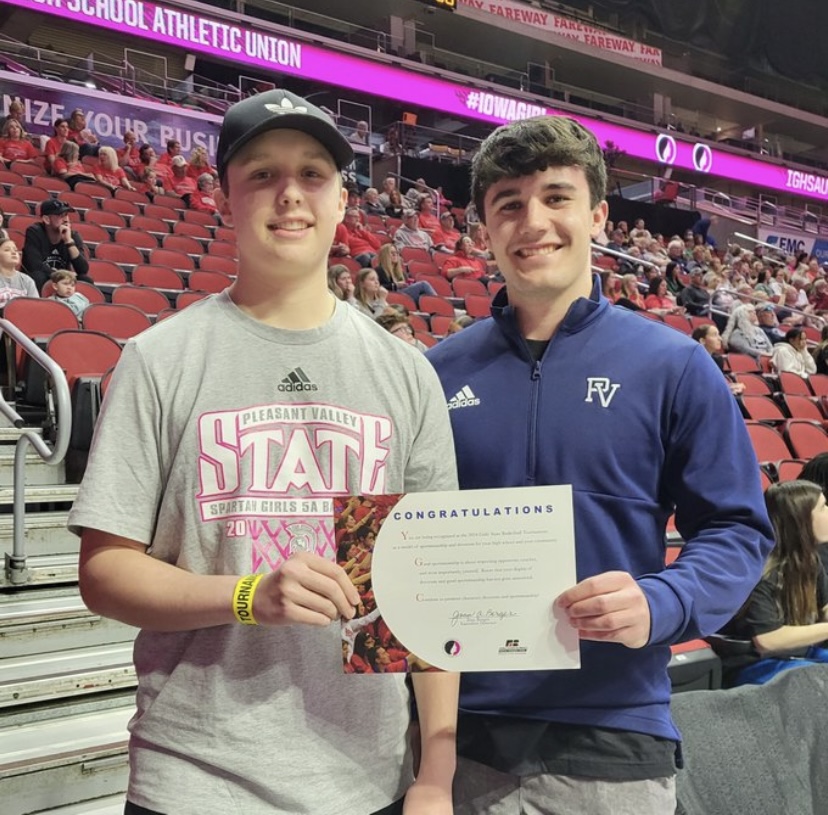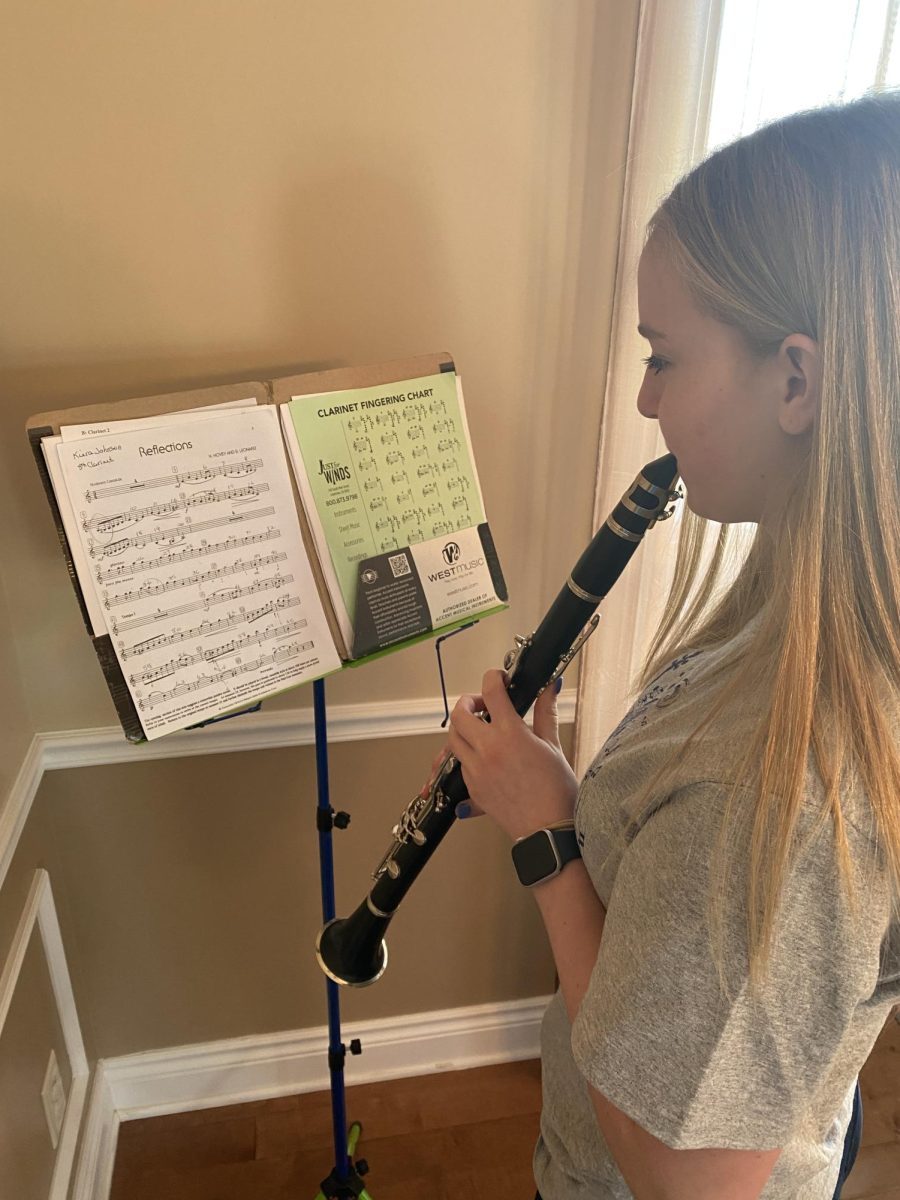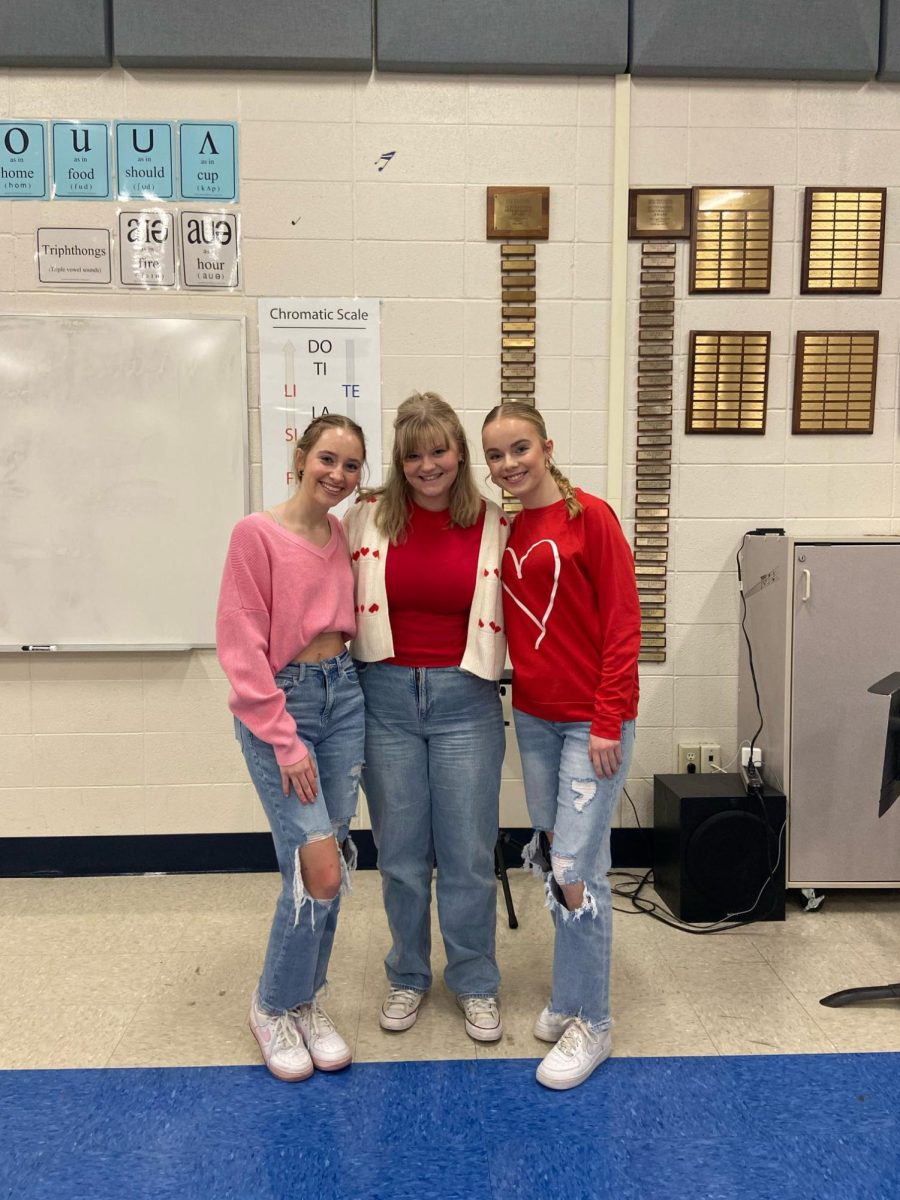As technology and social media platforms have rapidly taken over popular culture, selfies have quickly become a staple in everyday life. The increase in selfie usage through social media parallels the increase in screen time and narcissism associated with Gen-Z, a generation grown up in this era of selfies.
This popularization of capturing and posting self portraits began in the late 20th century and had a boom in 2012, when TIME magazine labeled it a top 10 buzzword of the year. As mobile technology grows in accessibility, smartphones are reaching younger consumers, allowing newer generations to take part in the selfie trend and social media culture.
Structured around sending pictures back and forth throughout the day, Snapchat is an app used by many students today. The app’s specialty has made many younger generations very comfortable with constantly looking at their own selfies and sharing them with the rest of the world.
As this endless cycle of Snapping continues with people trying to look their best in each snap, it can cause both insecurities and obsession with perfection.
Grace Tomlinson, a senior at Pleasant Valley, has been a member of Snapchat for over six years. Tomlinson stated, “In our generation, selfies have become normal and people take pictures and stare at themselves on screens constantly.”
The external validation and responses received after snapping someone can make people feel better about themselves and their appearance. However, these selfies can also have negative effects.
It is easy to forget that people post their best moments on social media and the story behind the post is often untold. “Constantly seeing everyone’s perfect picture that took them who knows how long to take but you don’t really look at the aspect you look at how ‘perfect’ they are,” said Tomlinson. As people lose sight of the simplicity of a picture and real people who are on the other side of the phone screen, empathy and real connections diminish.
Ryan Doyle, a highschooler and a frequent user of Snapchat, Instagram and TikTok, has noticed the effects social media has had on Gen-Z individuals who have grown up with technology. “People definitely compare themselves with other people they see online through pictures,” said Doyle. He believes comparisons can become unhealthy and lead to jealousy and insecurities that leave people searching for further validation.
As this sense of insecurity grows from comparison and empathy fades from the lack of communication, younger generations become more consumed with themselves and how they are perceived by the rest of the world. People seek external reassurance and when they do receive praise for their appearance, confidence increases.
While self confidence is important, this practice of selfies seems to stem more from likes and external validation. As people receive praise through likes, comments or fast replies to their pictures, they seem to become more obsessed with themselves.
PV senior Malayna Albertson, an avid social media user, got her first phone and Snapchat at the age of 12. Albertson deleted Snapchat a few months ago and believes it has helped her be less overwhelmed and more focused on her health. “I spent a lot of time on Snapchat, and after deleting it, I feel more content with myself and others,” she shared.
For Albertson, getting that notification seemed like a duty to Snap someone back and stay connected, but without this constant pressure to Snapchat back promptly, she is able to focus on other things and other people.
Seeing other people’s selfies is what encourages many others to share their lives. However, the selfie-era has changed the way Generation-Z views themselves in relation to others and has boosted egos and deflated genuine connections.








